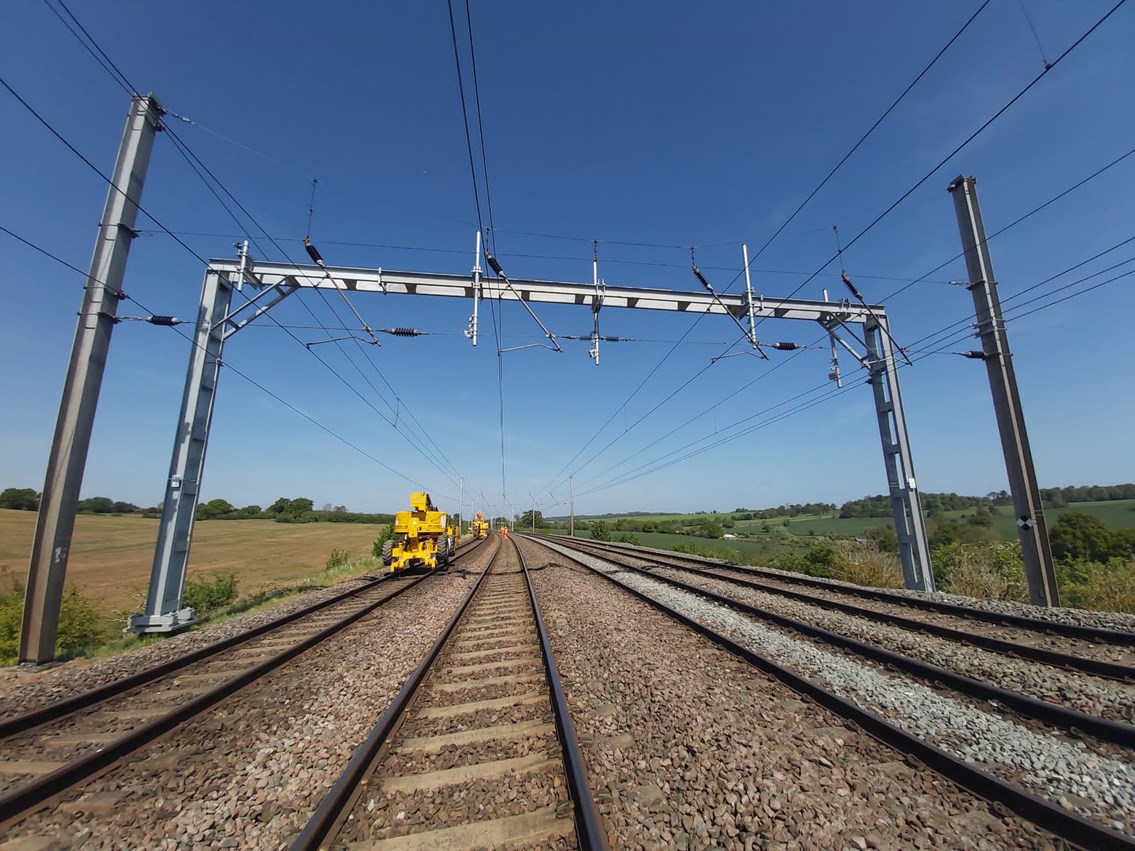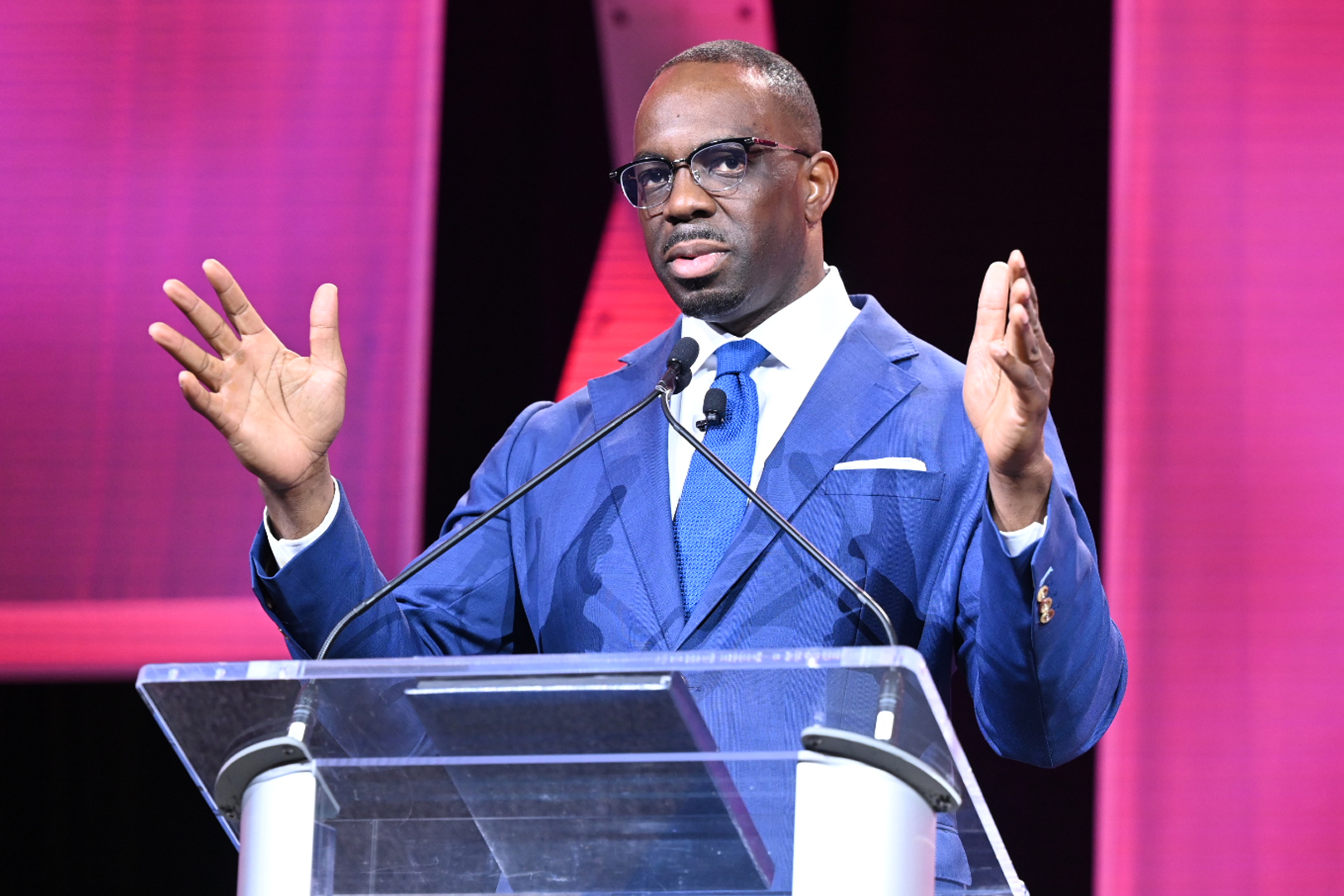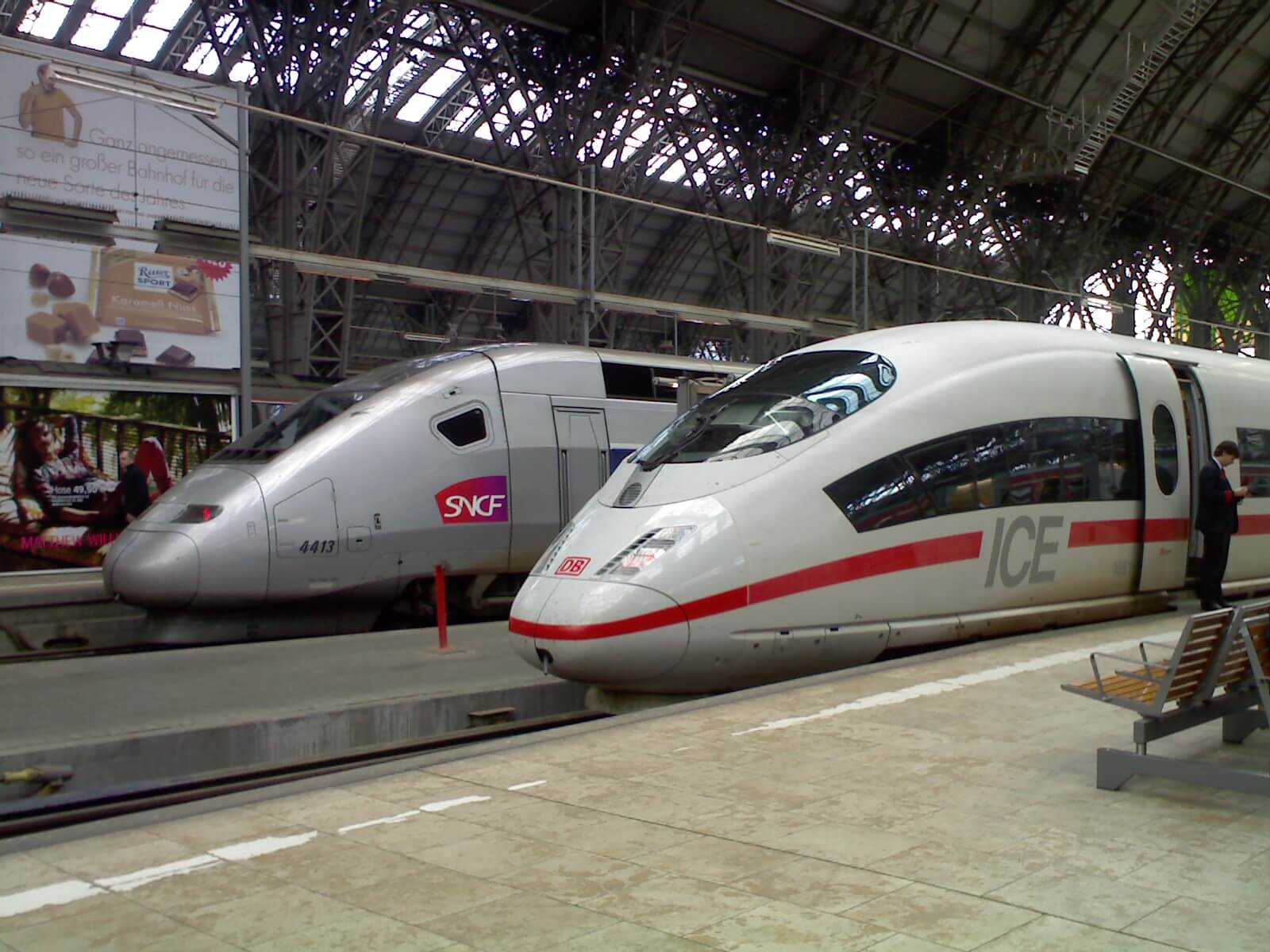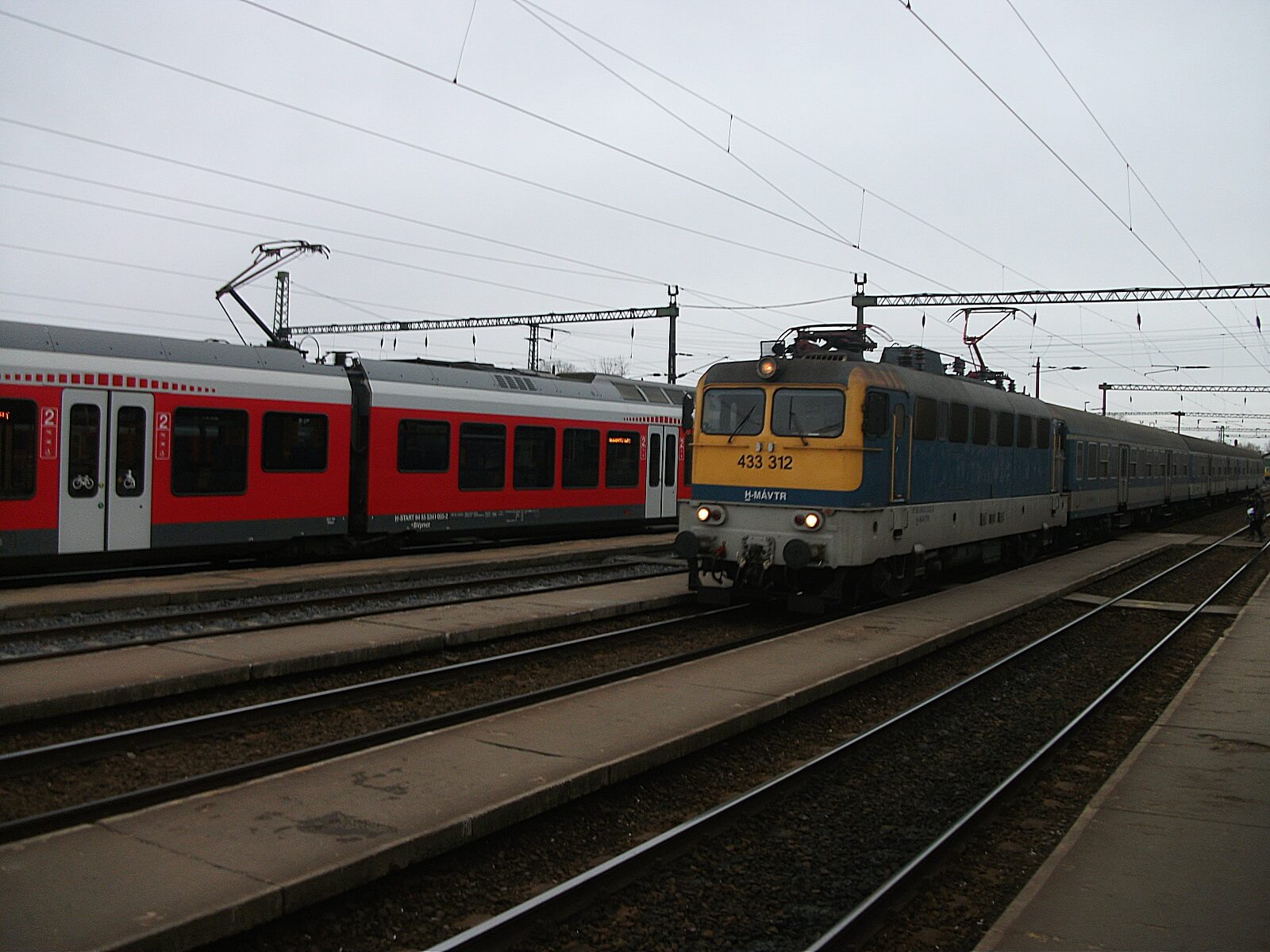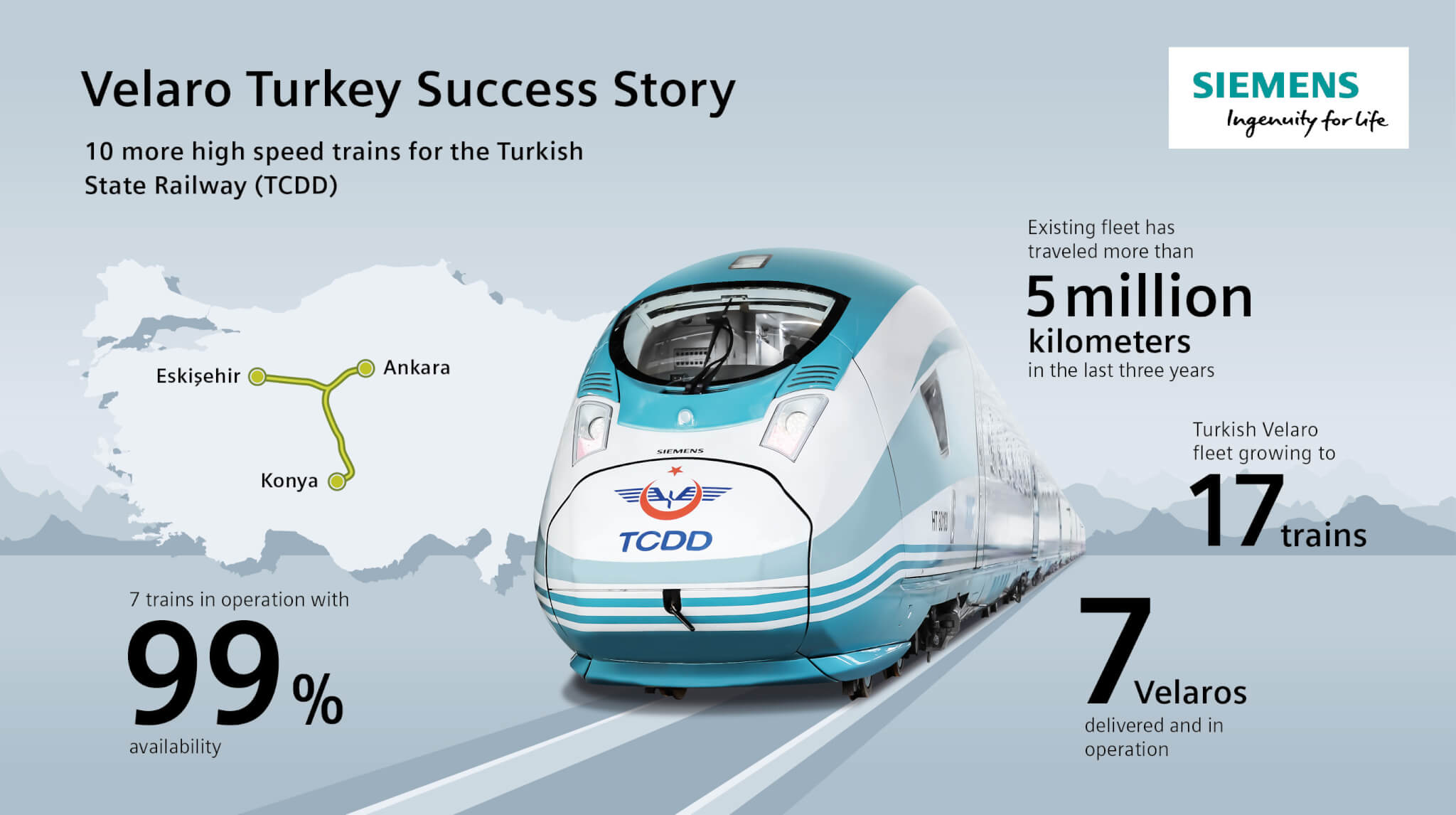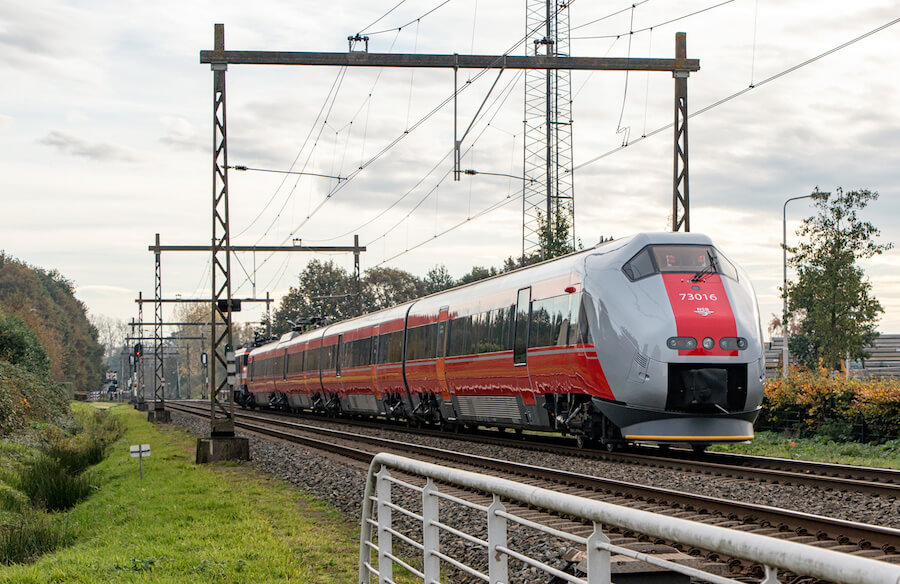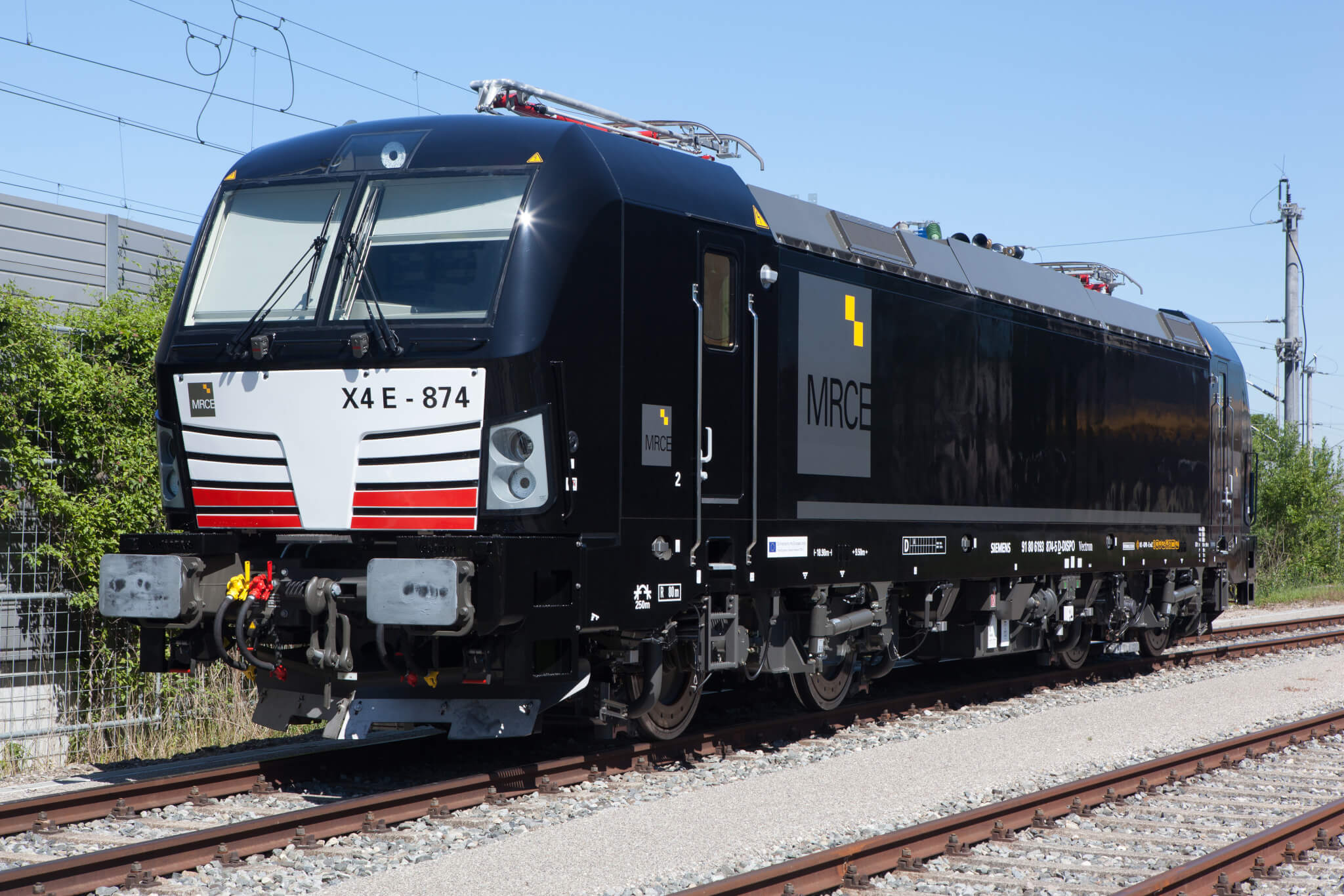Transport for London (TfL) intends to award Siemens Mobility Ltd the contract to design and build 94 new Tube trains for its Piccadilly line as part of the Deep Tube Upgrade Programme (DTUP). The contract is worth approximately £1.5 billion for Siemens.
Siemens will deliver the Inspiro trains to the Piccadilly Line between 2023 and 2026. Once the delivery is completed up to 27 trains should be in service on the line every hour. Peak period capacity on the busiest sections of the line will increase by more than half by the end of the 2020s and an additional 21,000 customers will be able to board the new trains every hour during these times.
The new trains incorporate several new design features intended to increase customer comfort. Each train, which will be six metres longer than the current trains on the line and optimised for the space constraints in the Deep Tube tunnels, will have accessible, fully air-conditioned walk-through carriages and in-train information systems.
TfL’s procurement process evaluates key criteria including the feasibility of delivery, technical expertise and value for money, and the award of the contract incorporates a statutory ten-day standstill period.
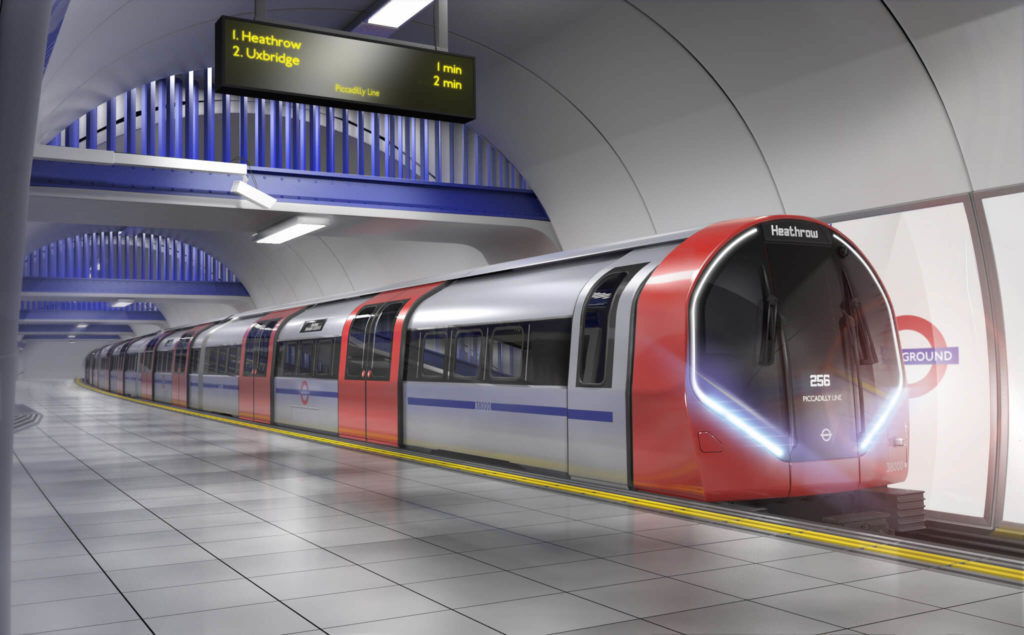
Deep Tube Upgrade Programme
The Piccadilly line is used by more than 700,000 passengers per day and has required an increase in capacity for several decades; improvements have been delayed by the age of the signalling systems and the size of the fleet. TfL is now addressing these problems via the Deep Tube Upgrade Programme. The programme, which covers a third of the network, combines the purchase of additional trains with an upgrade of the signalling and train control systems. The intention of it is to increase the lifespan of these assets on 4 lines and increase capacity by 36% before 2035.
This order from Siemens, which will replace the entire fleet of trains currently in service on the Piccadilly line, is the first commission for the Deep Tube Upgrade Programme.
In addition to this contract there is scope for further orders from the company as TfL hopes to have a single manufacturer design and build the trains for all four lines. This uniformity in design will facilitate the standardisation of other equipment, operations, maintenance and staff training, which will improve efficiency and reduce costs.
The DTUP is part of the Mayor of London’s Transport Strategy, which has a target of having 80% of journeys around the city made by public transport, cycling or walking by 2041.
Supporting the Rail Industry
TfL has identified 22 suppliers in the UK which can potentially work with Siemens to manufacture the trains. It is hoped that the order will support at least 50 apprenticeships and graduate jobs in the industry.
The award of this contract also enables Siemens’s construction of a new factory in Goole, East Yorkshire, which would employ up 700 workers. In addition to jobs at the factory, 250 people would also be employed to build it. Siemens estimates that this project would support around 1,700 indirect jobs throughout the UK supply chain. TfL intends to work with the company to maximise the number of Piccadilly line trains being built in this facility.
Mike Brown MVO, Commissioner of Transport for London, said:
“Today’s announcement of our intention to award the contract to design and build a new generation Tube train is a huge milestone for London Underground. We are delivering the biggest investment programme in our history to continue to improve customers’ journeys and support London’s population and employment growth. It also demonstrates once again that investment in London creates jobs and apprenticeship opportunities right across the country. These trains will transform the journeys of millions of our customers, and provide faster, more frequent and more reliable trains for decades to come.”
Sabrina Soussan, CEO Siemens Mobility, said:
“We are thrilled by today’s announcement. This has been key to our development of a unique proposition to meet London’s specific challenges and is essential to help TfL accelerate the growth of the Tube network and improve the capacity and reliability of its train services. Additionally we can further develop rail skills and our investment, something that is so important to our organisations and the continued success of the UK rail industry.”

















